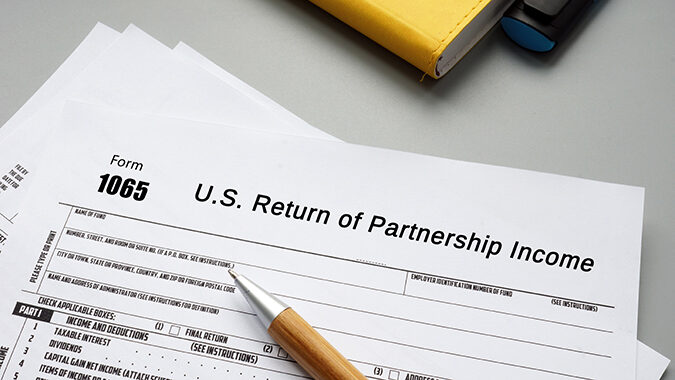The IRS has announced a new compliance push using artificial intelligence software to crack down on tax returns filed by high earners with income over $1 million, wealthy business partnerships, large corporations and others with more complex tax situations.
The effort, made possible by roughly $80 billion in federal Inflation Reduction Act funding, focuses more attention on millionaires, wealthy partnerships and others that have seen sharp drops in audit rates during the past decade, the IRS said on Sept. 8.
“This new compliance push makes good on the promise of the Inflation Reduction Act (IRA) to ensure the IRS holds our wealthiest filers accountable to pay the full amount of what they owe,” IRS Commissioner Danny Werfel said.
“The years of underfunding that predated the Inflation Reduction Act led to the lowest audit rate of wealthy filers in our history,” Werfel said. “I am committed to reversing this trend, making sure that new funding will mean more effective compliance efforts on the wealthy, while middle- and low-income filers will continue to see no change in historically low pre-IRA audit rates for years to come.”
The IRS said it will prioritize enforcement efforts on taxpayers with reported incomes above $1 million who have more than $250,000 in recognized tax debt. The agency said roughly 1,600 taxpayers fall into this category and owe hundreds of millions of dollars in taxes. The IRS will also expand enforcement efforts in 2024 for taxpayers with digital currency assets because an initial review showed the potential for a 75% non-compliance rate.
The IRS’ Large Partnership Compliance (LPC) program is also being expanded, with the help of AI, to identify potential abuses in the areas of partnership tax, general income tax and accounting and international tax, the agency said.
By the end of September, the IRS will open examinations of 75 of the largest partnerships in the U.S. that represent a cross section of industries including hedge funds, real estate investment partnerships, publicly traded partnerships, large law firms and other industries.
“The IRS has identified ongoing discrepancies on balance sheets involving partnerships with over $10 million in assets, which is an indicator of potential non-compliance,” the agency said in a press statement. Partnership tax returns are increasingly showing “discrepancies in the millions of dollars between end-of-year balances compared to the beginning balances the following year.”
Prior to the new IRA funding, the IRS did not have the resources to follow up with all the large partnerships with such discrepancies. Now the IRS has the funding and a plan in place to ramp up this effort. In early October, the IRS will send mailings to approximately 500 partnerships and, depending on the response, the IRS will add these to the audit stream for additional work.
High-income taxpayers who utilize Foreign Bank accounts to avoid disclosure and related taxes, will also be subject to closer scrutiny, the IRS said. Any U.S. person with an interest in a foreign financial account is required to file a Report of Foreign Bank and Financial Accounts (FBAR) if the aggregate value of all foreign financial accounts is more than $10,000 at any time.
IRS analysis of multi-year filing patterns has identified hundreds of possible FBAR non-filers with account balances that average over $1.4 million. The IRS plans to audit the most egregious potential non-filer FBAR cases in Fiscal Year 2024.

